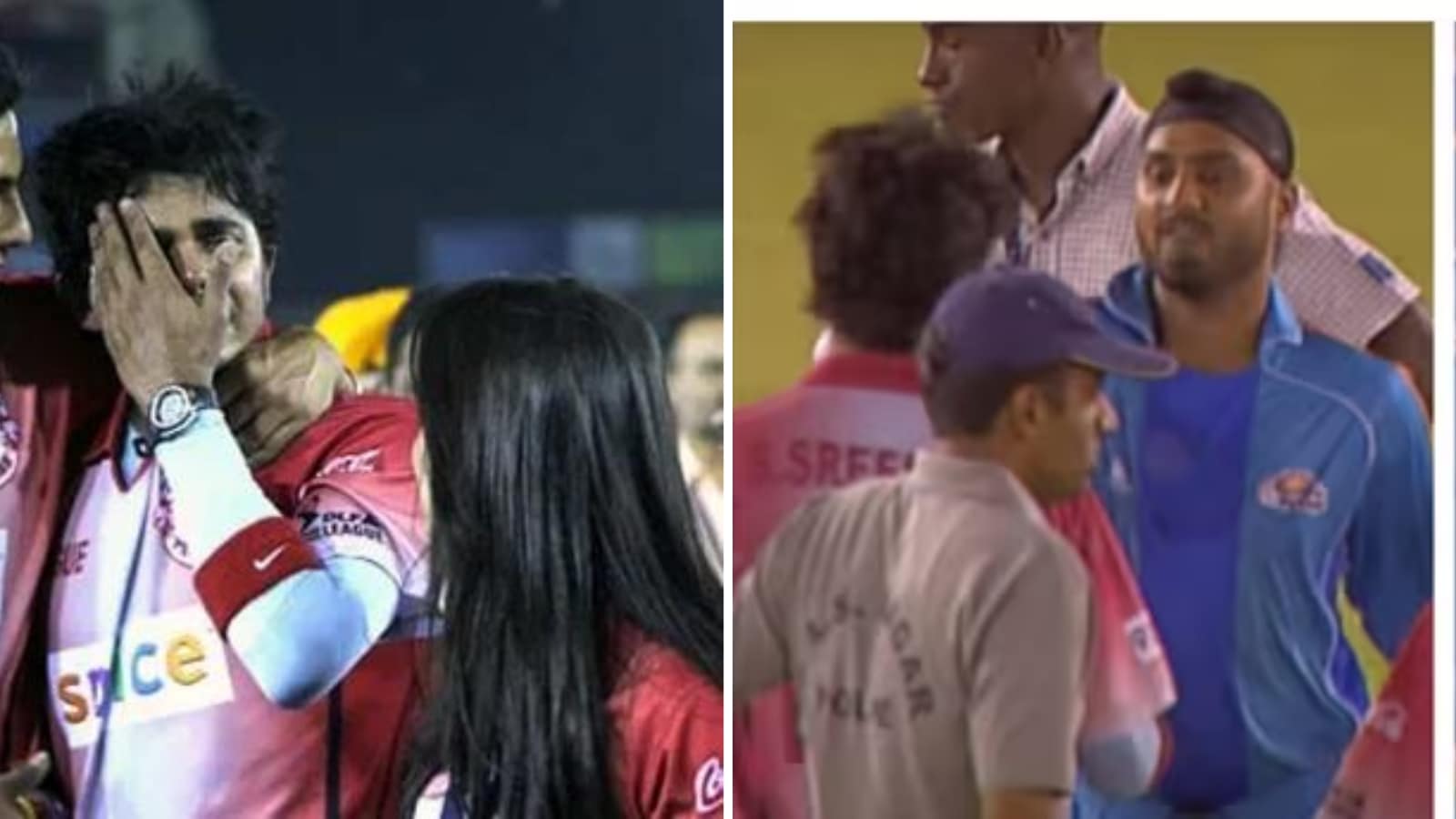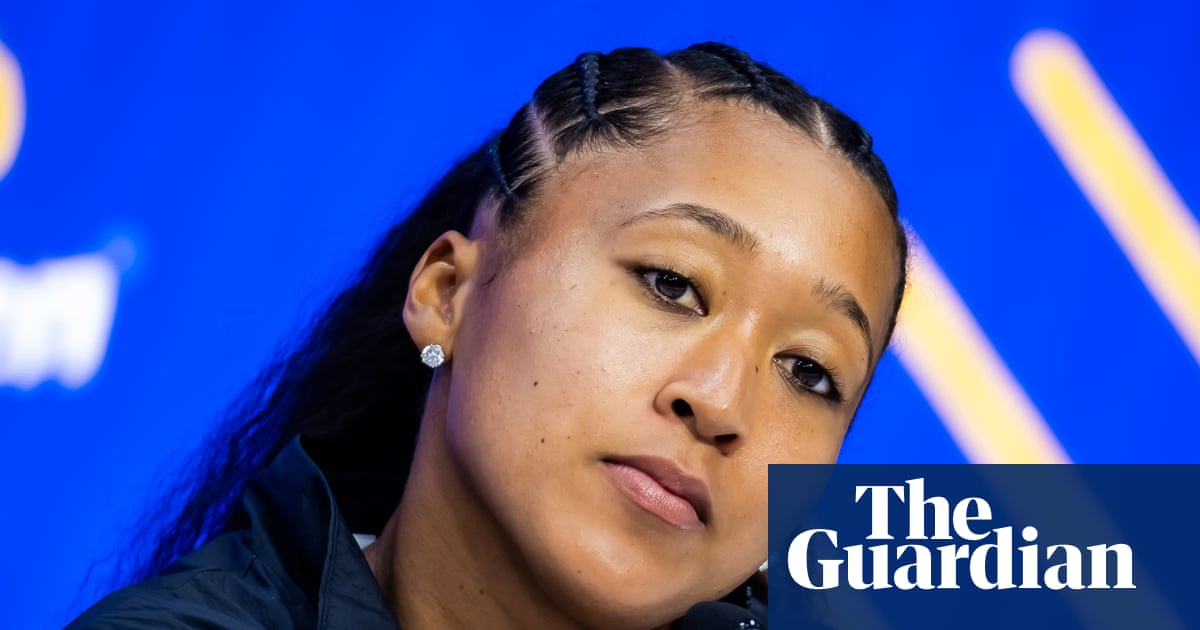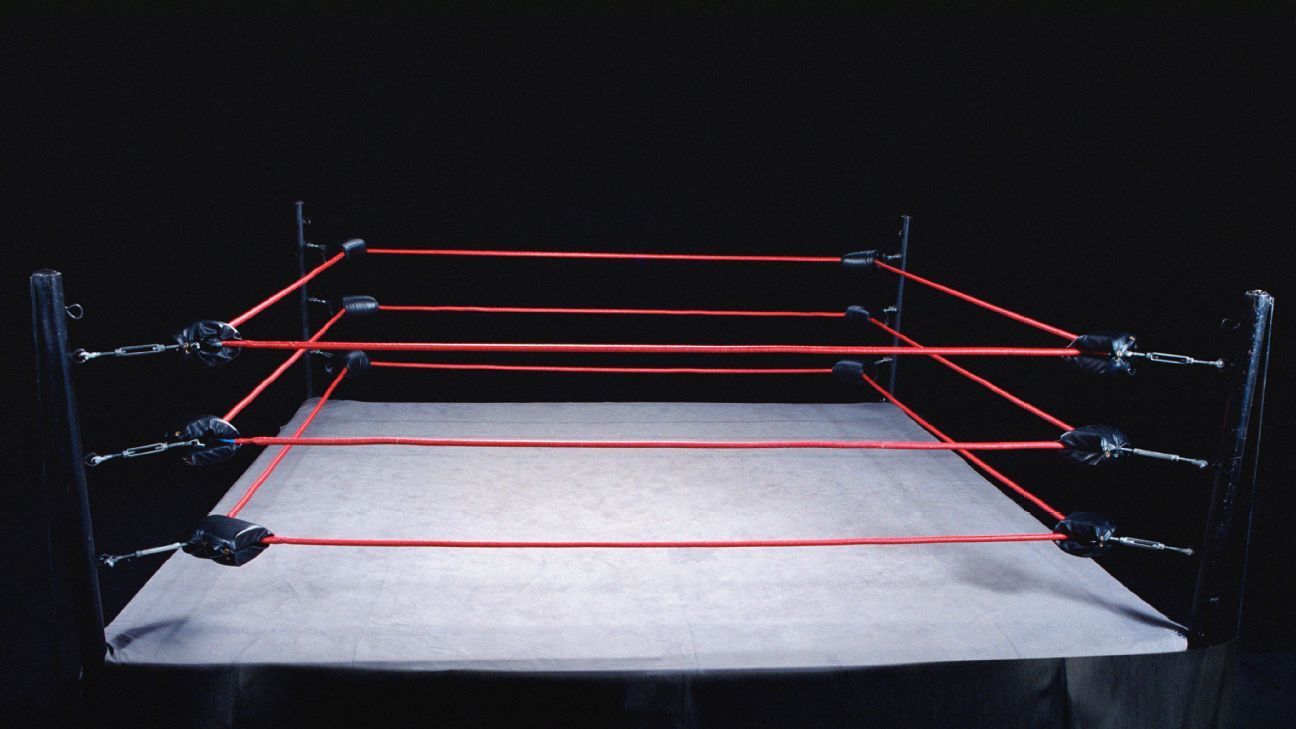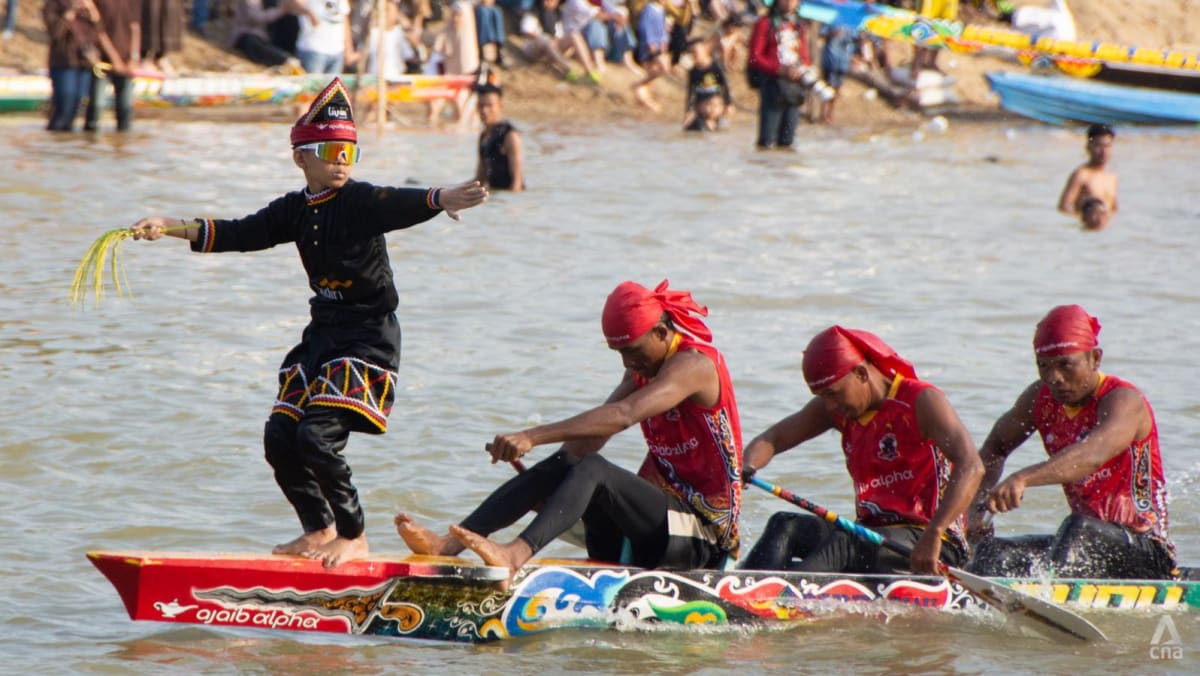Shocking Truth Revealed: Canada's Sports Culture is a Hotbed of Abuse!
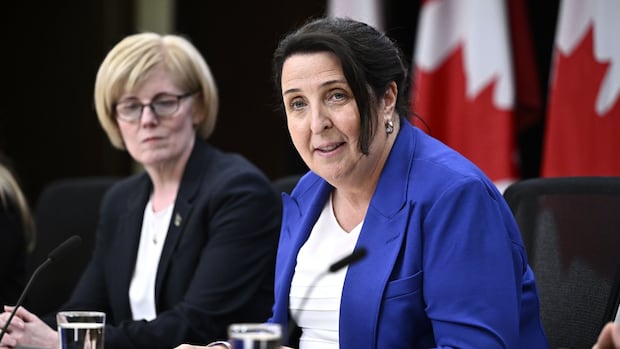
Imagine a world where the very institutions designed to celebrate athletic excellence become breeding grounds for abuse and exploitation. This is the alarming reality uncovered in a devastating report by a commission appointed by the Canadian government, exposing a dark underbelly in the nation’s beloved sports system.
The Future of Sport in Canada Commission, headed by Justice Lise Maisonneuve, released its preliminary findings after a year-long investigation, and the results are nothing short of shocking. The commission's report states that ‘maltreatment in sport’—which includes physical punishment, sexual assault, and even psychological abuse— permeates every level of Canadian athletics.
Maisonneuve emphasized that the current focus on high performance and medal counts undermines the fundamental values of respect and diversity in sports, leading to a culture of silence that protects perpetrators instead of victims. This isn’t just about a few bad apples; it’s systemic, affecting athletes from grassroots levels all the way to the elite.
Among the most concerning findings is the struggle for marginalized groups to find safe access to sports. This includes para-athletes, Black and Indigenous individuals, and members of the 2SLGBTQI+ communities, who face not only discrimination but also exploitation. The commission pointed out that when opportunities do arise, they often come at a significant cost to individual dignity and safety, leading to the conclusion that 'Canadian sport has lost its way.'
In response to these findings, the commission has proposed a staggering 71 recommendations aimed at overhauling the system to ensure a safer sporting environment. One notable suggestion is the creation of a national safe sport authority that would collaborate with provincial bodies to enforce new laws and ensure accountability.
Additionally, the report calls for a national registry to track individuals sanctioned due to maltreatment, highlighting a significant gap in current regulations. Currently, there’s no mandate for National Sport Organizations (NSOs) to maintain such registries, making it easy for problematic coaches to slip through the cracks and find new victims in different jurisdictions.
The report stresses that Canadian sports organizations desperately need increased funding, as many are stuck with static or dwindling budgets that haven’t kept up with inflation or the evolving needs of local communities. The commission argues that the focus has been too heavily skewed toward elite athletes, leaving youth and grassroots programs in dire need of support.
Advocates like Amelia Cline, who suffered abuse in her sporting career, welcome the findings, noting that the report finally recognizes how maltreatment can happen at the grassroots level. Cline argues that the proposed national registry could empower parents to ensure their children are in safe environments and help stop abusive coaches from moving from one area to another.
While some are hopeful about the proposed changes, there’s skepticism about whether the government will heed these recommendations. Laura Robinson, an investigative journalist, raised concerns about the lack of a dedicated sports minister, questioning the seriousness with which these recommendations will be taken.
In a statement, Secretary of State for Sport Adam van Koeverden expressed the government’s commitment to fostering a safe sports environment, acknowledging the bravery of those who spoke out. He stated, “Abuse and maltreatment have no place in sport,” reinforcing the government's goal to create an inclusive and robust sporting culture.
As the commission prepares for the upcoming National Summit on the Future of Sport in Ottawa, the hope is that these revelations will lead to real change. Will Canada’s sports culture finally confront its troubling past and pave the way for a brighter, safer future for all athletes?


